He got his name from Sholem Aleichem, his fame from the musical, Fiddler on the Roof, but Tevye’s true creator was Eastern European history and the fate of the Jews spanning millennia. It’s time to revisit the family of this harried, yet life-affirming dairyman and his traditional community, now on the ballet stage.
“They say you are a just and merciful God, why then does one have everything, and another nothing? Why do you give buttered bread to one, and nothing but trouble to another?”
This is how Tevye, who first stepped before his readers in 1894, questions the resolutely inscrutable Almighty God, in a work penned in Yiddish by the great writer, Sholem Aleichem. The world of Tevye the dairyman – who is equally blessed with daughters and problems, who is forced to experience both the challenges of the modern world, as well as medievally dark prejudices and passions – is intimately familiar to us here in Central and Eastern Europe. We understand his humour, we recognize the impossible life situations, and his historical tragedy is ours personally, or at least that of our neighbours.
How much can those in fortunate Switzerland understand of all this? Well, if the Ballett Theater Basel’s performance, premiered in autumn of 2015, is anything to go by, then it is a surprisingly good deal. Richard Wherlock, the British choreographer leading the company since 2001, his multinational creative team, the composer Olivier Truan, and the splendid Swiss klezmer band, Kolsimcha, persuasively conjure up the threatened, then obliterated, microcosms of Anatevka and Boiberik, and the Eastern European shtetlekh (small towns with large Jewish populations).
Us and Them
Belonging to a supportive community, while at the same time haphazardly becoming separated from another: Aleichem’s stories and the stage adaptations based on them have all shown this eternal and collective human experience, which has so often erupted into murderous violence over the course of the centuries. Yet this does not necessarily have to be the case: this deeply humanist message can be read into both the literary version of Tevye and his Anatevka coreligionists, as well as into the ballet version. Moreover, to a great extent, this benevolent inspiration is the secret to the century-long success of the story: the failure to live side-by-side in peace can never invalidate the idea of peace together.
This story, told through contemporary dance, offers the concentrated and intense experience of delight, happiness, and joie de vivre to the audience just as much as it shows sorrow and tragedy. For as in the stories by Sholem Aleichem, or in Bock, Stein, and Harnick’s world-famous musical, the Basel Tevye, together with the life of his family and community, claims a place on stage with tension and reconciliation, with embraces and separations, with the great unending dance of the generations. It is a dance in which, as we know, there is always a special role for tradition and the system of customs which, depending on how you see it, can be a stabilising force, or a veritable shackle. Just like Aleichem, Richard Wherlock, the Bristol-born, world-renowned star of the dance stage, is able to find and show the universal in the local, to go beyond the folky genre to find the series of forever reoccurring human moments that link us all together.
Author: Ferenc László
This article was first published in the BSF Magazine.
April 10 | 7 pm
Erkel Theatre
Ballett Theater Basel: Tevye
Performed by: Paige Borowski, Armando Braswell, Sergio Bustinduy, Luna Bustinduy Mertens, Mirko Campigotto, Alba Carbonell Castillo, Lydia Caruso, Ismael Del Valle, Diego Benito Gutierrez, Rubén Bañol Herrera, Lisa Horten Skilbrei, Debora Maiques Marin, Gaia Mentoglio, Florent Mollet, Ayako Nakano, Max Ossenberg-Engels, Frank Fannar Pedersen, Jorge García Pérez, Anthony Ramiandrisoa, Raquel Rey Ramos, Javier Rodriguez Cobos, Tana Rosás Suñé, Dévi-Azélia Selly, Claudine Schoch, Piran Scott, Andrea Tortosa Vidal, Max Zachrisson
Featuring: Kolsimcha
The members of the ensemble: Olivier Truan – piano, Michael Heitzler – clarinet, Simon Girard – trombone, Barak Mori – double bass, Christoph Staudenman – drums
Music: Olivier Truan
Set: Bruce French
Costumes: Catherine Voeffray
Animation: Andreas Guzman, Bruce French, Rubén Bañol Herrera
Lighting: Jordan Tuinman
Dramaturgy: Hans Kaspar Hort, Bettina Fischer
Choreographer: Richard Wherlock

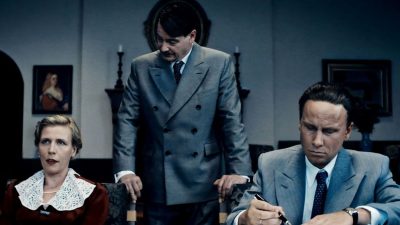
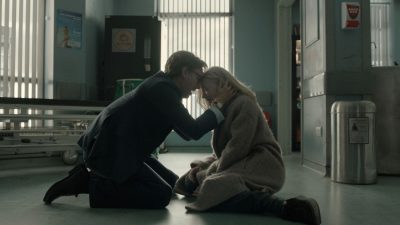
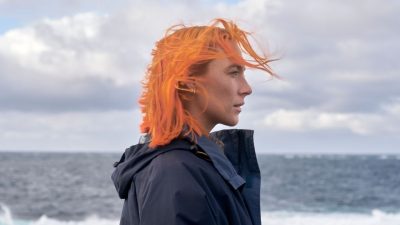

















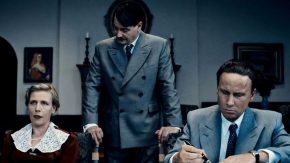
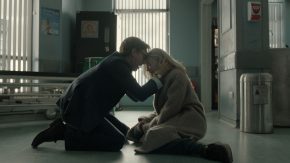
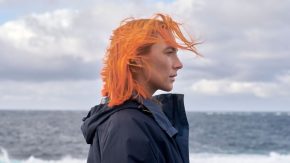
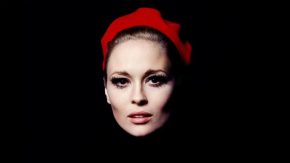
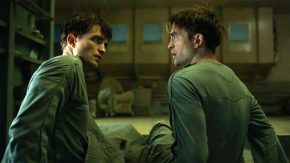
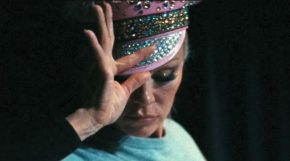
Comments